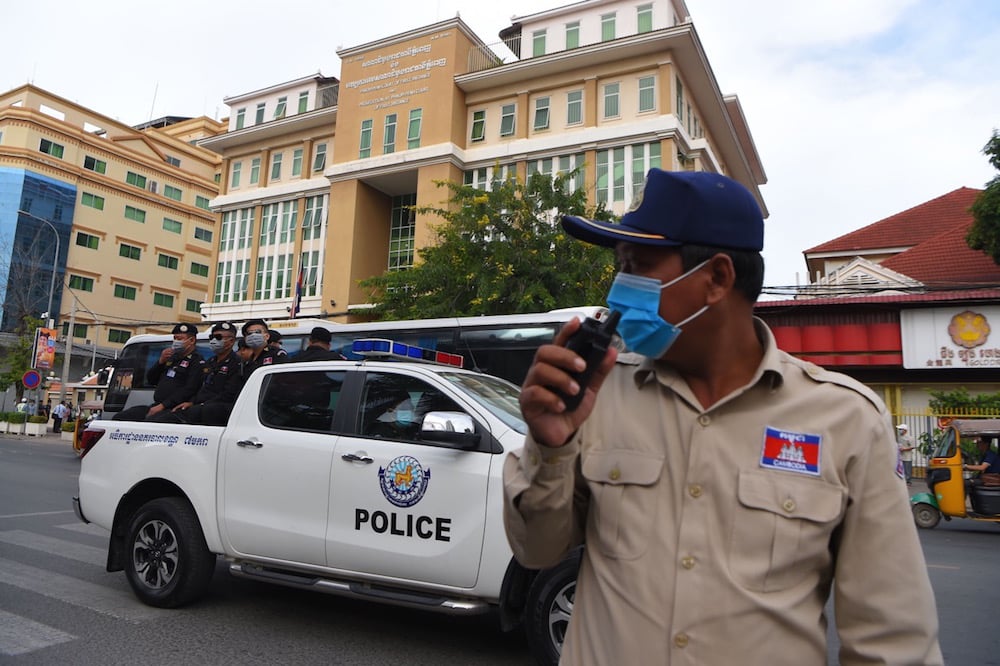Civil society groups said the Cambodian government should first 'redress' the country's human rights situation so that the planned establishment of a National Human Rights Institution will become truly "independent, effective and credible."
This statement was originally published on cchrcambodia.org on 24 August 2021.
In light of the ever-worsening human rights situation in Cambodia, we, the undersigned civil society organizations, trade unions, associations and communities, are deeply concerned about the Royal Government of Cambodia (“RGC”)’s recent move towards the establishment of a National Human Rights Institution (“NHRI”). While such an institution is direly needed in the Kingdom, the environment in which it would come to operate raises concern as to its expected effectivity and credibility. We urge the RGC to prioritize redressing Cambodia’s human rights situation prior to its establishment to ensure that its creation is motivated by a genuine interest in promoting and protecting human rights rather than by attempts to provide a veneer of credibility to the RGC’s proclaimed commitment to human rights.
When establishing an NHRI, due consideration must be given to the Paris Principles – the international minimum standards for NHRIs to be considered credible and able to operate effectively. Of paramount importance is the requirement of independence from governments. Unfortunately, all the institutions previously set up to be independent from the RGC have ended up being inactive or fully controlled by it, making us fear that the NHRI will know no different fate.
The current human rights environment that prevails in Cambodia adds to concerns that an NHRI established now would ultimately fail to meet its goal of protecting and promoting human rights. As in previous years, 2021 continues to witness the deterioration of the human rights situation, exacerbated by the COVID-19 global pandemic. Fundamental freedoms remain unrelentingly curtailed by the RGC. Civic space continues to shrink by the day, with national authorities regularly using an array of repressive tactics to suppress any critical voices, including the weaponization of the subservient judiciary to harass human rights defenders, opposition members, independent journalists, and other dissidents. In addition, the enactment of repressive laws and the amendments to existing laws illustrate the RGC’s tendency to prioritize the consolidation of its power over the interests and human rights of its citizens.
We recognize that an NHRI is needed in Cambodia to investigate human rights abuses. However, considering all of the above, we do not trust that the NHRI that the RGC intends to create will be independent, effective and credible. Rather, we are worried that in the current context, the establishment of a NHRI is a mere public relations exercise, destined to placate international criticism and condemnation of the RGC’s track-record on human rights.
Before moving forward with the establishment of an NHRI, we urge the RGC to restore human rights in Cambodia and create an environment conducive to its proper functioning and independence. In particular, we call on the RGC to reopen the civic space and ensure that fundamental freedoms are exercised freely by all, including dissenting voices; to immediately and unconditionally release all jailed prisoners of conscience and establish a truly independent judiciary; to repeal or amend all repressive laws to align them with international human rights standards; to cease the ongoing crackdown on human rights defenders, trade unions leaders, opposition members, independent journalists, and other critical voices; and to ensure an open, free and competitive political space ahead of upcoming elections.



